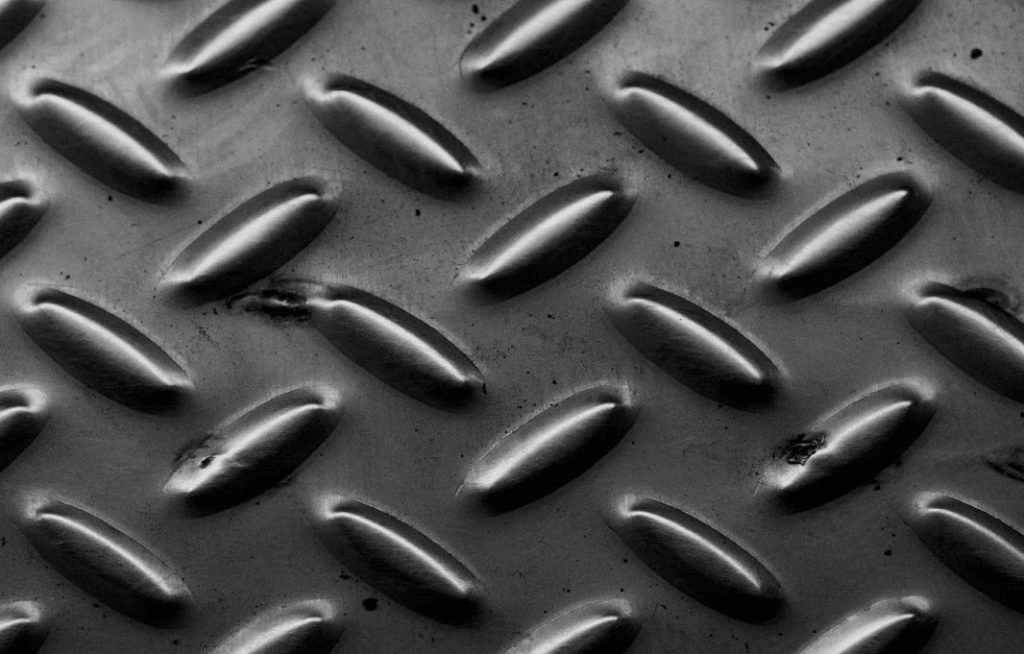CNC machining has become extremely popular in different manufacturing industries because of the incredible advantages they possess. Turning, milling, drilling, and prototyping are just some of the types of machining that can be performed by using CNC machines. All these actions are performed in a short duration with accuracy and efficiency. CNC machines require precision, accurate dimensions, and materials making it important to select the appropriate materials to achieve excellence. Some materials include; metals, semiconductors, plastics, etc. This article breaks down the material selection guidelines for effective CNC machining.
Factors to Consider When Selecting Material for CNC Machining
CNC machines are designed to support various types of soft and hard materials but that doesn’t necessarily ensure project success. Consideration of the following factors will help you with the right selection.
Purpose
First you must determine the purpose of the component being machined. CNC machines are used for manufacturing a wide range of products across industries such as those focused at Epic Tool: aerospace, automobile, power generation, and mold and die. It is also crucial to know if the component will have multiple uses or not, which is often the case. For instance, the Aerospace industry demands lightweight yet strong material for production. Therefore, whole metals may not be the right material for aerospace, whereas composite materials could be.
Environment
The material selection must align with the operational environment. This means that the machined components can’t be exposed to chemicals, moisture, high-temperature air, etc. Therefore, these conditions must be considered while selecting the material. For example, if the CNC machined component is being used near water bodies or in moist environments, then the material must be corrosion and chemical resistant. In these cases, different grades of steel or plastic are the smarter option.
Stress and Strain
A CNC machined component may be exposed to high or fluctuating operational stress and strain. In stress and strain oriented conditions metal alloys with good bend and stress resistance can be a suitable choice.
In other instances, if CNC machined components are expected to work under high stress, then load stress management must be factored into the material decision. For the most part, heavier materials typically withstand higher stress. However, if the application is weight-sensitive, then lighter material with excellent bend and crack resistance is the more suitable option.
Dimensional Stability and Tolerance
Certain industries such as aerospace demand precise dimensioning and stability in components which means a material with the least deformation factor must be used. To achieve precise dimensions and dimensional stability, the material must have high machinability.
Here at Epic Tool we focus on utilizing the right material in order to achieve the most epic results. To learn more about our materials, products, and how we can become your go-to tooling solutions company, contact us today.


